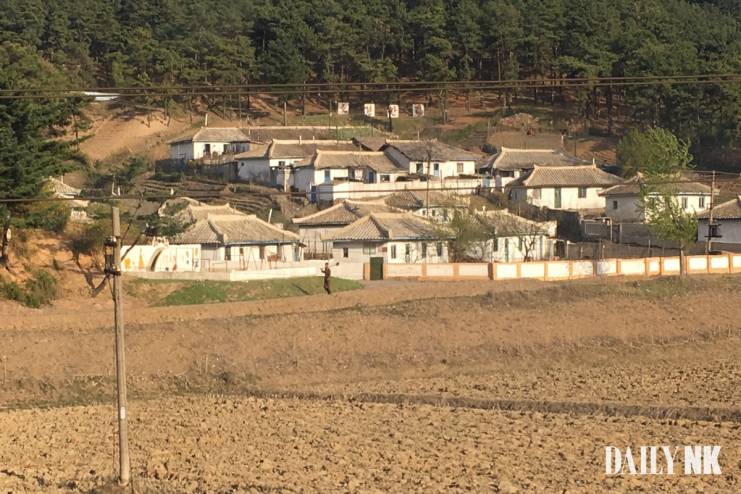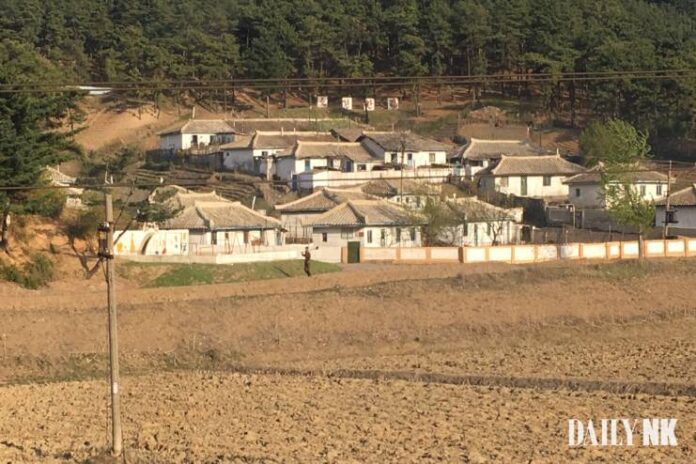As food prices skyrocket across North Korea, hunger is spreading rapidly among the country’s most vulnerable populations. Sources report that children are fainting from malnutrition and rumors of starvation are circulating throughout communities.
Multiple sources inside North Korea told Daily NK recently about widespread cases of malnutrition and families going without food due to dramatic price increases over recent months.
In mid-August, authorities in Pyongsong, South Pyongan province, arrested a teenager for stealing grain from a local store. The teenager’s face was visibly swollen from severe malnutrition, sources said.
Following the arrest, both neighbors and local officials stepped in to help, donating small amounts of corn, soybeans and rice to the teenager’s family. However, locals expressed doubt about how long the family could survive on these modest donations.
“Many families simply cannot keep up with the steep rise in market food prices,” said a source in South Pyongan province. “Hungry children frequently collapse during mandatory public service projects. Schools either exempt these malnourished students from afternoon work assignments or give them light tasks around the campus.”
Crisis Spreading to Rural Areas
Persistent reports indicate that children in rural areas around Wonsan, Kangwon province, are suffering from severe hunger and malnutrition. Local chapters of the Socialist Women’s Union have begun distributing weekly meals in some areas, though union members themselves complain of struggling to make ends meet.
“In the countryside, many parents cannot send their children to school because all they have to eat are a few potatoes,” explained a source in Kangwon province. “Teachers visit students’ homes during breaks to encourage parents to send their children back when classes resume, but it’s much easier said than done.”
The situation in rural areas has become particularly dire. Sources report that farmers are running short of grain because their monetary compensation, paid in rapidly depreciating North Korean won, has lost much of its purchasing power.
As food prices continue climbing, the regime has attempted to intervene through price caps and market restrictions, but these measures have proven largely ineffective. While the military has released some rice from its strategic reserves, most supplies have gone to arms factories and officers’ families rather than helping ordinary citizens.
The government’s restrictions on official markets have actually created a destructive cycle, pushing more people toward black market purchases and driving prices even higher.
“People don’t believe the propaganda about holding on until the fall harvest,” said a source in South Pyongan province. “The state always promises to prioritize food distribution, but rations mostly go to Pyongyang and privileged groups. There’s a massive gap between policy promises and reality.”
“The Workers’ Party’s slogans are nothing but propaganda that don’t lead to any real improvements in people’s daily lives,” concluded a source in Kangwon province.
According to Daily NK’s regular market price surveys, rice cost 23,200 North Korean won per kilogram in Pyongyang, 23,300 won in Sinuiju, North Pyongan province, and 24,000 won in Hyesan, Ryanggang province as of Aug. 17. These prices represented increases of more than 50 percent compared to the previous survey conducted on Aug. 3—the steepest price spike since Daily NK began tracking these figures.

